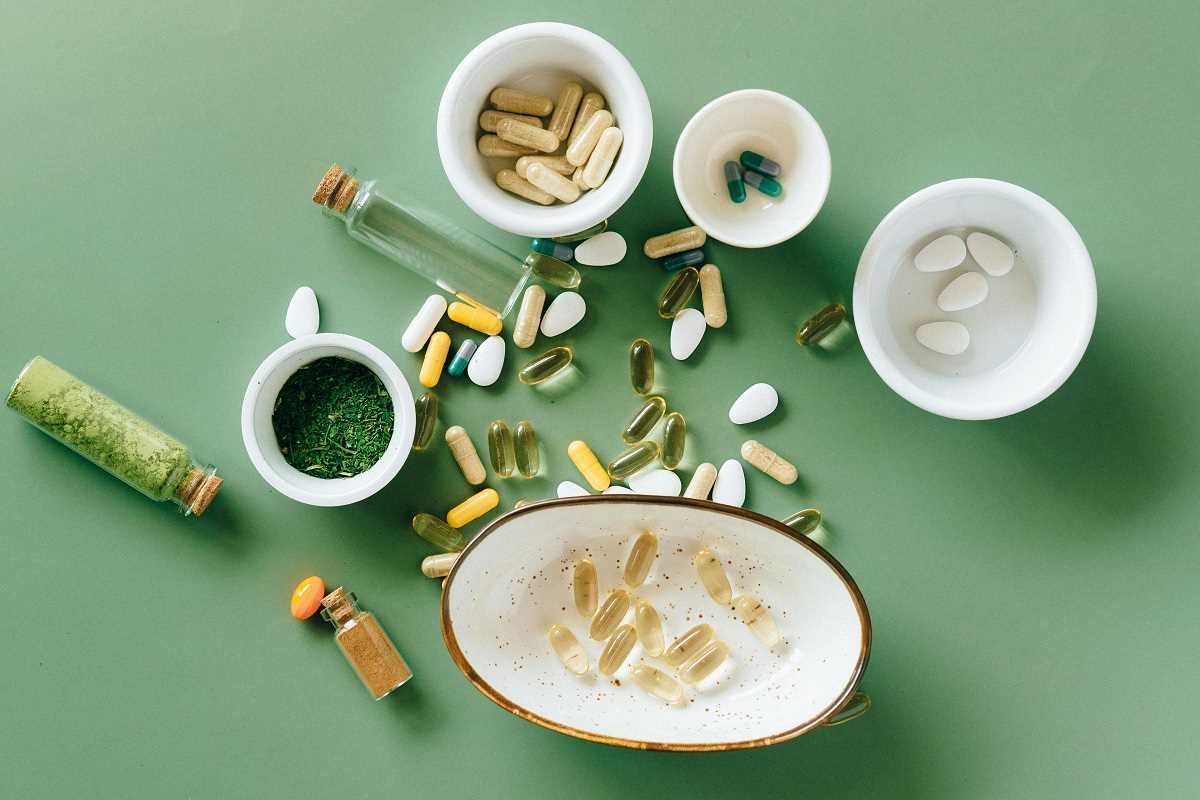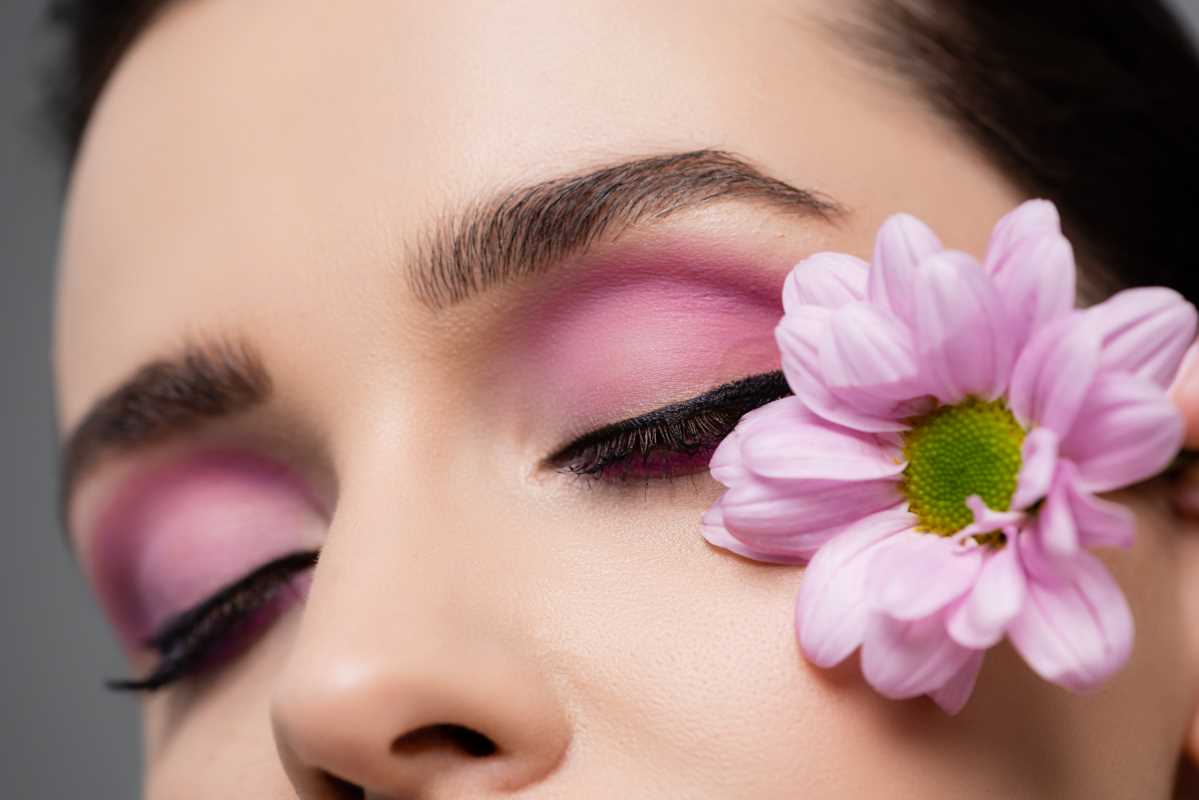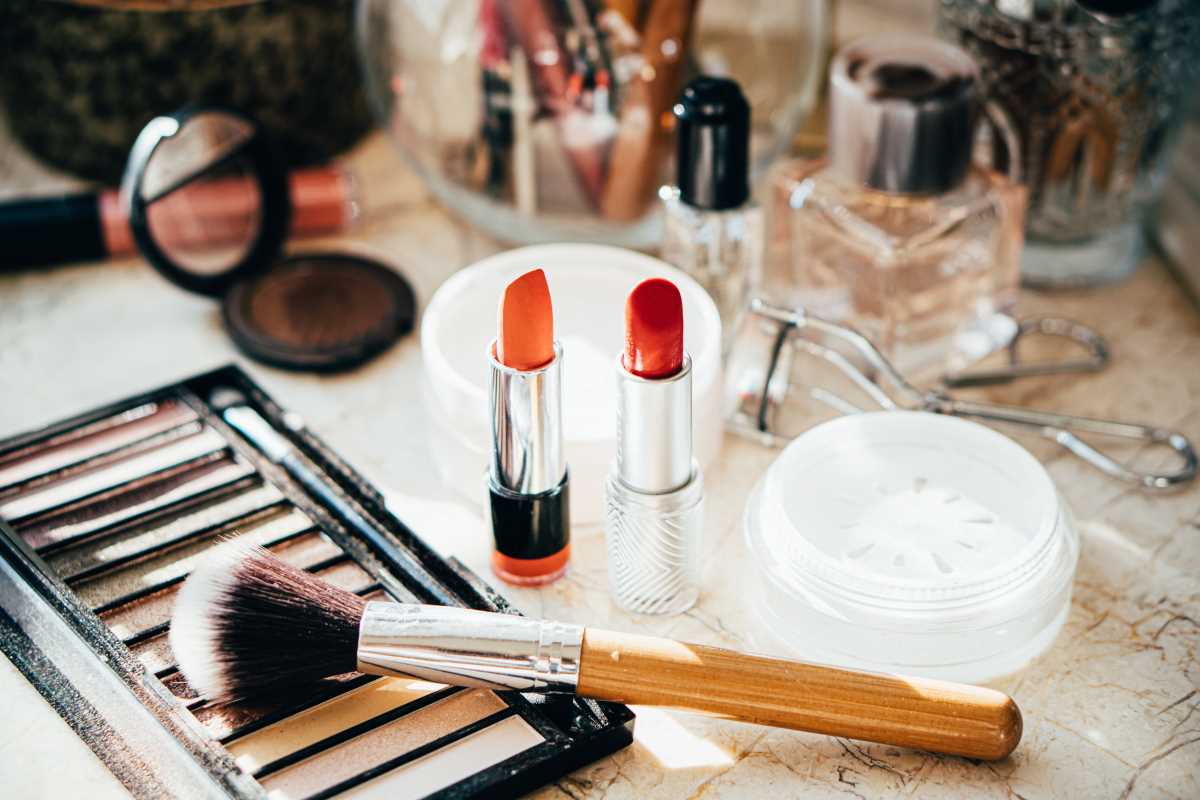If you're a mom suffering from postpartum skin issues are making you feel less-than-fabulous, know that you’re not alone. From acne to pigmentation to dryness, postpartum skin loves to throw curveballs just to keep us on our toes. (Because, you know, keeping a tiny human alive wasn’t enough already!)
The good news is, those skin changes don’t have to stick around forever. With the right skincare routine, a few targeted products, and some patience, you can tackle these postpartum skin woes one step at a time. Here’s a breakdown of the most common issues and how to treat them—because you deserve to feel radiant again!
1. Postpartum Acne
Ah, postpartum acne. Just when you thought teenage breakouts were behind you, postpartum hormones decided to stage a comeback. The culprit? Fluctuating hormone levels, especially if you’re breastfeeding. Increased oil production can clog pores and result in those pesky breakouts.
How to Deal with It:
- Switch to Gentle Cleansers: Your skin has probably become more sensitive, so ditch anything harsh or drying. A gel-based cleanser like CeraVe Foaming Facial Cleanser or La Roche-Posay Effaclar Purifying Gel Cleanser is gentle enough for daily use while effectively removing excess oil.
- Spot Treat Strategically: Look for acne treatments with salicylic acid or benzoyl peroxide at low concentrations. The Paula’s Choice BHA Liquid Exfoliant is a lifesaver for clearing up blemishes without being too harsh. Just avoid using it all over your face—stick to the spots that need it.
- Moisturize, Even if You’re Oily: It’s tempting to skip moisturizer when dealing with acne, but trust me, your skin needs balance. Pick a lightweight, non-comedogenic moisturizer like Neutrogena Hydro Boost Water Gel.
- Practice Patience: Hormonal acne can take time to settle. Adding a retinoid (like Differin Gel) to your routine can help long-term, but be cautious if you’re breastfeeding—check with your doctor first.
2. Pigmentation (Hello, Melasma)
If you’ve noticed dark patches or uneven skin tone popping up post-pregnancy, you might be dealing with melasma (also known as the “mask of pregnancy”). Hormonal changes trigger this pigmentation, and while it often fades on its own, there’s plenty you can do to speed things along.
How to Deal with It:
- SPF Is Non-Negotiable: Sun exposure can make pigmentation worse, so slather on the sunscreen daily, rain or shine. EltaMD UV Clear Broad-Spectrum SPF 46 is a game-changer—it’s lightweight, non-greasy, and even helps calm redness.
- Brighten Up with Vitamin C: Serums like SkinCeuticals C E Ferulic or The Ordinary Ascorbic Acid 8% + Alpha Arbutin can help fade those stubborn dark spots. Just apply it in the morning (under your sunscreen!) for maximum benefit.
- Exfoliate Gently: Chemical exfoliants like glycolic acid can improve skin tone over time. Look for products like Pixi Glow Tonic, but start slow—your skin is likely more sensitive than usual.
- Consider a Visit to the Derm: If topical treatments aren’t cutting it, a dermatologist can recommend stronger options like prescription creams or chemical peels, tailored to your needs.
3. Dryness and Dehydration
Does your skin feel tighter than your pre-pregnancy jeans? Postpartum dryness is super common, especially if hormones or sleep deprivation (hello, 3 a.m. feedings) have thrown your hydration levels out of whack.
How to Deal with It:
- Layer on the Hydration: Start with a hydrating serum like The Ordinary Hyaluronic Acid 2% + B5 or Vichy Mineral 89. Follow it up with a rich moisturizer, such as Cetaphil Rich Hydrating Cream or Weleda Skin Food for a hydration boost.
- Skip Harsh Cleansers: Use a creamy, non-foaming cleanser like CeraVe Hydrating Facial Cleanser to gently remove dirt without stripping your skin’s natural oils.
- Replenish Overnight: Nighttime is the perfect opportunity to feed your skin (even if you’re half asleep). An overnight mask like Laneige Water Sleeping Mask can lock in moisture and leave skin baby-soft by morning.
- Hydrate Inside Out: This might sound like a “duh,” but drink your water, mama. Between breastfeeding and busy days, hydration often takes a back seat, but your skin (and body) will thank you for bumping it up on your priority list.
4. Sensitivity and Redness
After pregnancy, you might notice your skin reacts to products it used to tolerate just fine. This heightened sensitivity is a result of hormonal fluctuations and skin barrier issues, but thankfully, it’s usually temporary.
How to Deal with It:
- Simplify Your Routine: Now is not the time for 12-step skincare routines. Stick to a gentle cleanser, a calming moisturizer like Aveeno Calm + Restore Oat Gel, and SPF during the day.
- Use Barrier-Repairing Products: Ingredients like ceramides, niacinamide, and squalane can help soothe and strengthen your skin. CeraVe Moisturizing Cream is packed with ceramides and works wonders for repairing a compromised skin barrier.
- Say No to Fragrance: Avoid anything with synthetic fragrances or alcohol, which can aggravate sensitive skin. Look for products labeled “fragrance-free” or “hypoallergenic.”
- Try a Calming Treatment: When redness flares up, reach for a soothing treatment like La Roche-Posay Toleriane Ultra or a chamomile mask to calm things down.
5. Under-Eye Circles and Puffiness
Sleep deprivation is basically a rite of passage for new moms. And sadly, those late-night feeds often show up on your face in the form of dark circles or puffiness.
How to Deal with It:
- Invest in a Good Eye Cream: A caffeine-infused eye cream like The Inkey List Caffeine Eye Cream can help reduce puffiness and brighten dark circles. Keep it in the fridge for an extra cooling effect.
- Fake It with Concealer: If all else fails (or you just need an instant fix), a lightweight concealer like Maybelline Instant Age Rewind can work miracles in camouflaging those telltale signs of exhaustion.
- Chill Out: Cool compresses or chilled spoons can work wonders for reducing puffiness—just hold them under your eyes for a few minutes and voila, instant refresh.
A Few Lifestyle Tips for Better Skin
While skincare products are amazing, there are a few lifestyle changes that can work hand-in-hand with your routine to improve overall skin health:
- Get Sleep (When You Can): Easier said than done, I know, but even short naps can help your skin repair itself.
- Eat Skin-Friendly Foods: Omega-3s (like salmon and chia seeds), antioxidants (berries, anyone?), and plenty of greens can give your skin a natural boost.
- Reduce Stress: Stress wreaks havoc on your hormones, which can show up on your skin. Whether it’s yoga, a 10-minute walk, or just deep breathing, find small ways to unwind.
- Be Patient with Your Skin: Remember, postpartum skin issues are normal and often temporary. With time, care, and maybe a few extra minutes in your skincare routine, things will get better.
It’s easy to feel overwhelmed when your reflection doesn’t match how you feel inside. But just like your body, your skin is adapting to this new stage of life. Treat it kindly, one step at a time. And don’t forget—you’re beautiful, whether your skin is glowing or a little stressed out. With some TLC, you’ll feel like yourself again in no time.
 (Image via
(Image via





